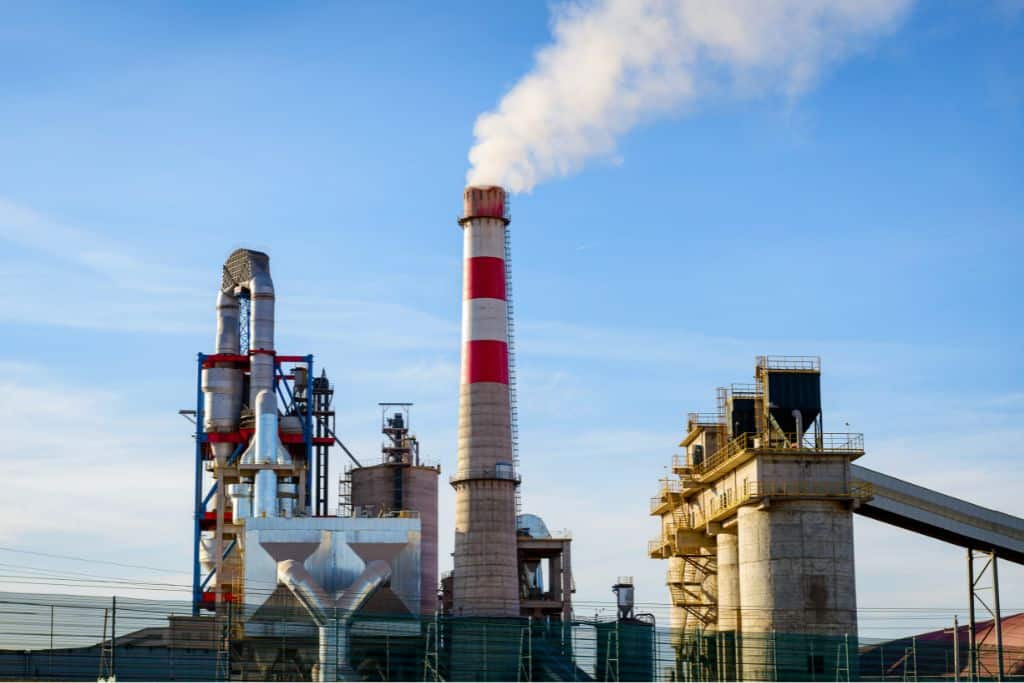Pressure to address the issue has been mounting as weather events become more frequent and intense. It is the first time that climate reparations is included in the climate summit agenda.
—
COP27 kicked off in Egypt on Sunday with a deal to discuss climate compensation of developing nations for the damage they have to endure as a result of global warming. Delegates from nearly 200 countries reached the agreement following 48 hours of intense negotiations, placing the issue on the summit’s agenda for the first time.
This year’s climate disasters – and the devastating floods in Pakistan in particular – have put the issue back on the table. Now, the new deal allows diplomats to officially debate the controversial topic of “loss and damage” – a phrase used in the UN climate talks that refers to the harms and costs caused by climate-fuelled extreme weather events and other impacts such as sea level rise.
You might also like: Floods in Pakistan: An Announced Tragedy?
Developing nations have demanded discussions on climate reparations since the UN climate talks started nearly two decades ago. Despite their little contribution to emissions of planet-warming gases, they are the ones bearing the most brunt of climate change.
At COP26, industrialised nations committed to at least US$100 billion in international climate finance a year to accelerate the developing world’s transition to decarbonised economies and adaptation to climate change. Yet, there was also very little progress made on the promise since last year.
“Inclusion of this agenda reflects a sense of solidarity and empathy with the suffering of the victims,” said Egypt’s Foreign Minister and COP27 president Sameh Shoukry, specifying that delegates would aim to reach a decision on loss and damage “no later than 2024”.
Despite pledges and commitments from governments around the world to cap global warming below 1.5C, a new UN report has found that the world is on track to exceed the feared 2C mark by 2030, highlighting the urgency of reaching agreements on decarbonisation and the global energy transition at this year’s summit.
You might also like: What Can We Expect From COP27, And What Must Happen?


















